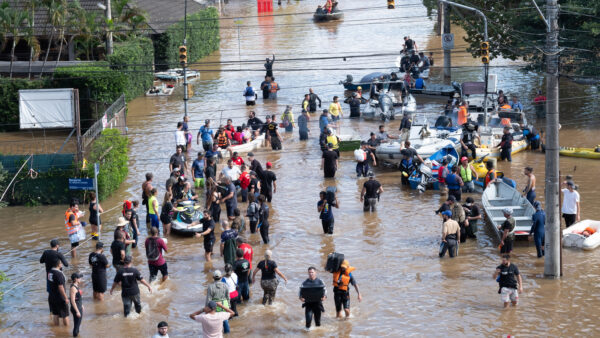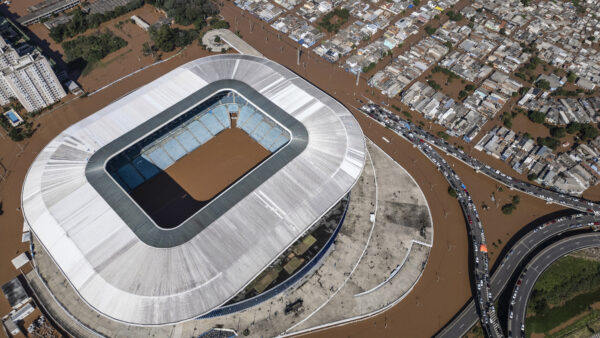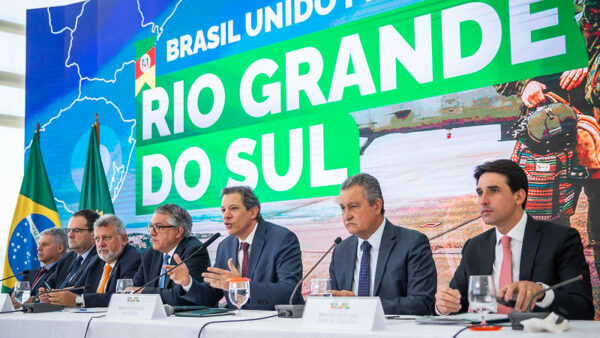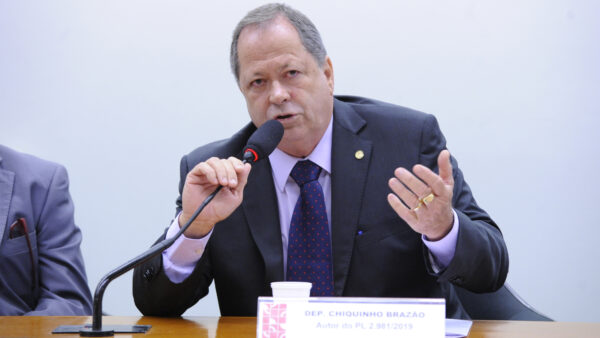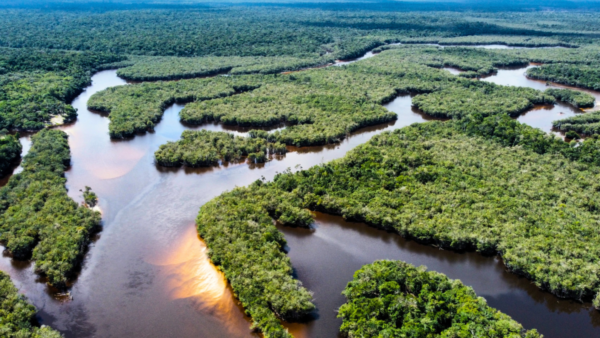Fracking does not currently occur in Brazil, but that could change as the Mines and Energy Ministry is currently accepting bids under the so-called Transparent Well project. Despite the name of the project, however, the government has been less than straightforward in its approach to it.
Lawmakers challenged the willingness to use an oil and gas extraction technique that is highly polluting, associated with premature births and high-risk pregnancies, and banned in two Brazilian states.
Fracking — shorthand for hydraulic fracturing — is a method to extract natural gas and oil from deep rock formations known as shale. In this method, drilling operators force water, sand, and a mix of chemicals into horizontally drilled wells, causing the shale to crack and release oil or gas.
A 2016 report by the U.S. Environmental Protection Agency (EPA) concluded that fracking “can impact drinking water resources under some circumstances.” The language used by the EPA is very mild, and a news release on a previous report was edited to downplay the risks of fracking to water.
Others have blunter assessments. A recent story by the New York Times found that fracking wells in the U.S. have increased their water usage sevenfold since 2011, and are threatening U.S. aquifers.
Separate studies by researchers from the University of Calgary and Johns Hopkins University — in rural Alberta and Pennsylvania, respectively — have linked proximity to fracking wells to adverse birth outcomes such as preterm birth, lower weight for gestational age, major congenital anomalies, and mortality.
Pennsylvania environmental regulators found a likely correlation between fracking operations and a series of minor earthquakes.
Fracking rose in popularity as high gas prices caused energy companies to shift to drilling for natural gas wells. The practice helped to turn the U.S. into the world’s largest oil producer, surpassing Saudi Arabia in 2018 and remaining in the top spot since.
During the 2020 election, now-U.S. President Joe Biden created confusion with his statements on fracking. In a...


 Search
Search

